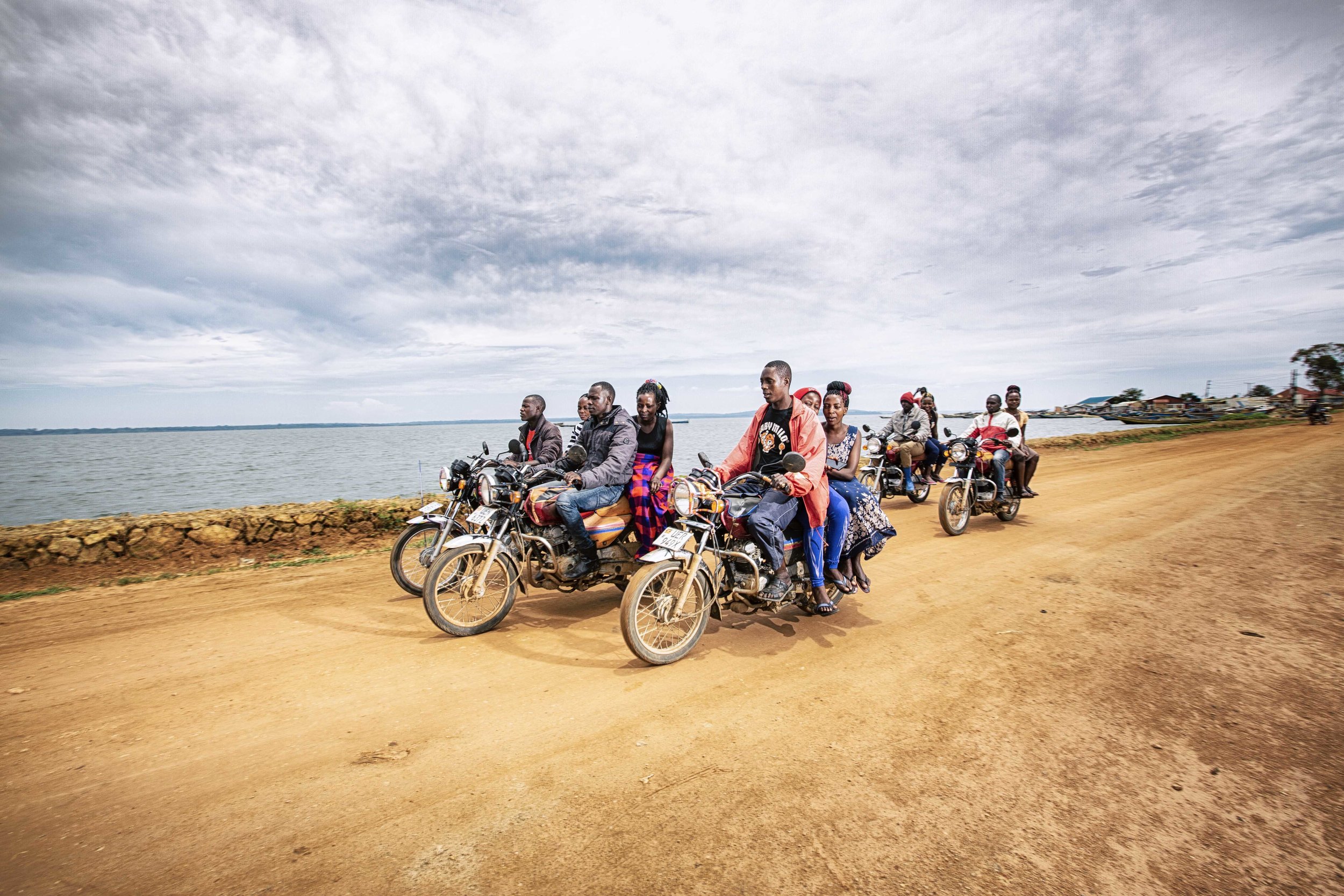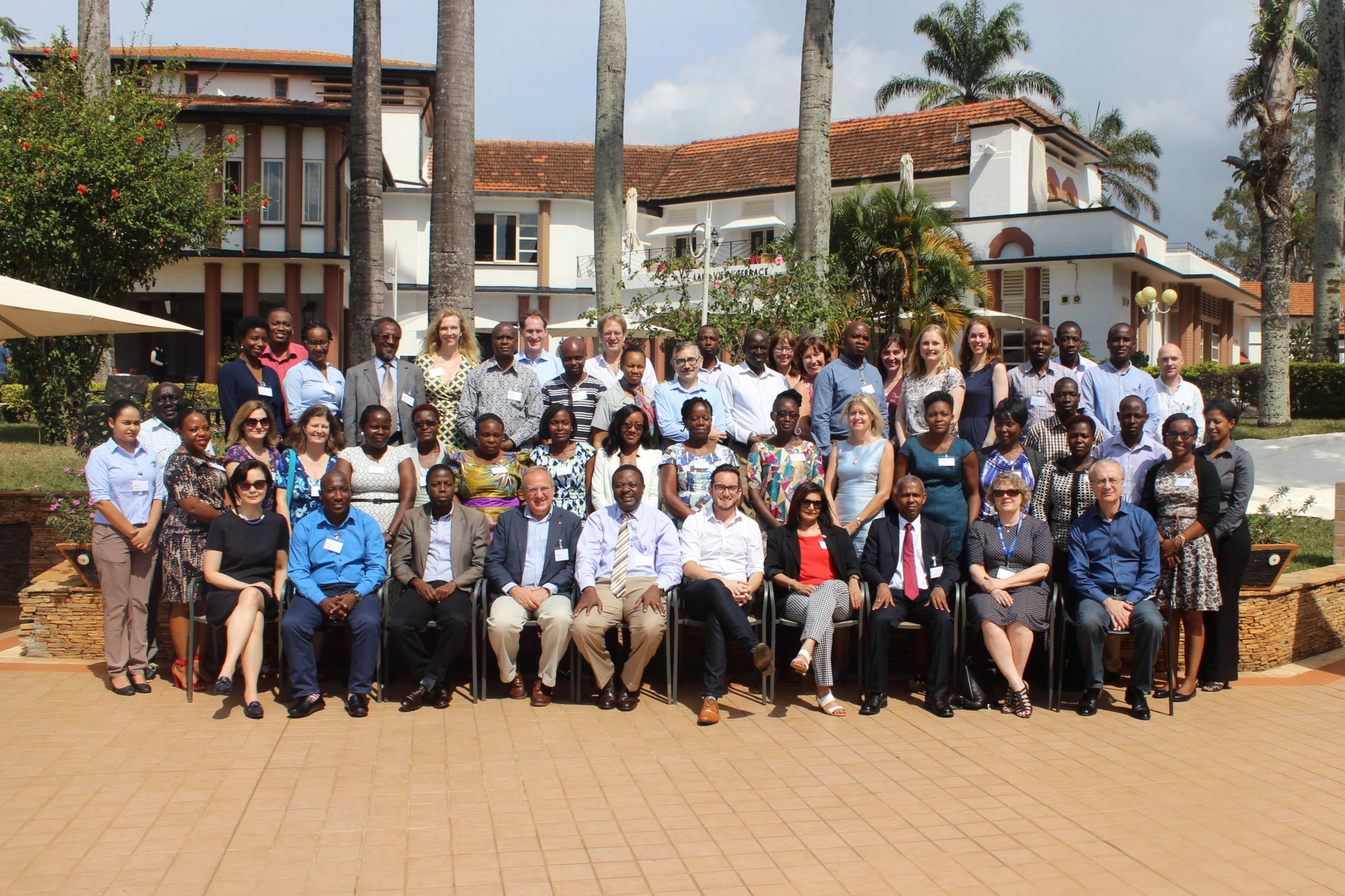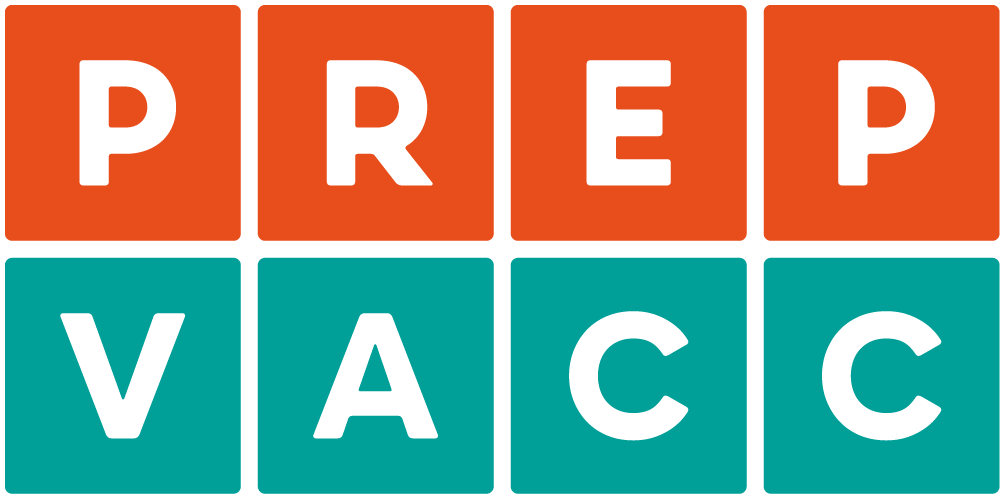
What is PrEPVacc?
PrEPVacc is an African-led, European-supported HIV prevention study running in East and Southern Africa from 2018 to 2024.
For the first time, it is combining evaluation of experimental HIV vaccines and pre-exposure prophylaxis (PrEP) at the same time.
In December 2023, the study announced that it had stopped further vaccinations as there is little or no chance of the trial demonstrating vaccine efficacy in preventing HIV acquisition.
In July 2024, PrEPVacc reported the results of the HIV vaccine trial, which show conclusively that neither of the two experimental vaccine regimens tested reduced HIV infections among the study population.
The results of the oral PrEP study will be announced later in 2024.
European supported

Who?
PrEPVacc has enrolled 1,513 participants, men and women aged 18-40 years. Participants will be from the general and key populations who report behaviours that put them at increased risk of catching HIV. This may include female bar workers, people living and working around main highways, commercial sex workers, fisherfolk and men who have sex with men.
Where?
PrEPVacc is running the clinical trial at four sites in three countries: in Masaka, Uganda; Mbeya, Tanzania; Dar-es-Salaam, Tanzania and Durban, South Africa.
When?
The PrEPVacc project dates are from January 2018 to December 2024.
Preparation for the trial included a Registration Cohort (an observational study), whose first participants were enrolled in July 2018.
The first participants in the clinical trial enrolled in December 2020 and the study completed enrolment in March 2023.
The study announced in December 2023 that it had stopped further vaccinations as there is little or no chance of the trial demonstrating vaccine efficacy in preventing HIV acquisition.
Why?
The information collected in this study may help to make a vaccine for HIV and to make PrEP more widely available in the study communities.
Two ways to prevent HIV



